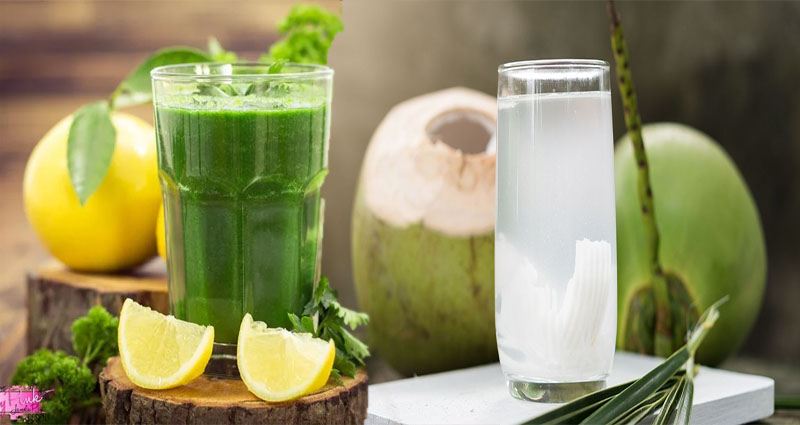Healthy Drinks to Make
When it comes to healthy drinks, fruit juices are a wonderful choice. There are so many varieties available that finding one that suits your taste is very easy. I personally love grape juice with a little honey, which makes it a great dessert drink or breakfast beverage. Below are some healthy drinks to try. Read on to learn how to make them and why they are good for you! The best part about fruit juices is that they are naturally sweet, so you don’t have to add sugar!
Infused waters
Infused waters are a refreshing way to stay hydrated. You can use fruit to flavor your water. Just remember that the fruit will absorb some of its flavor, so you can use it again or compost it after the infusion. However, if you do not like the taste of the fruit, you can remove the peel and discard it. The … Read More













